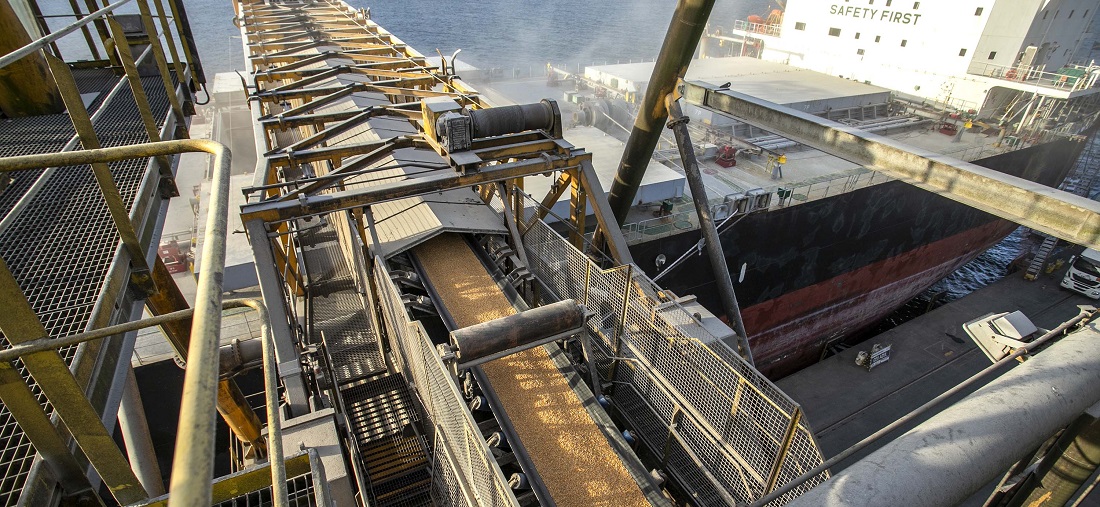
Lack of auditors undermines productivity at Brazil’s largest agricultural outlet
Aug, 29, 2022 Posted by Gabriel MalheirosWeek 202235
Long delays in cargo inspection procedures for shipments of seeds, grains, and other goods of vegetable origin are becoming increasingly critical in the Port of Paranaguá, Brazil’s largest agricultural export outlet, especially for soybeans and soy meal. The lack of federal tax auditors on-site impacts the pace of exports at the port, which, in 2021, only trailed behind Santos in soybeans and corn exports, with 13.9 tonnes.
The Ministry of Agriculture, Livestock, and Supply (Mapa in the Portuguese acronym) employ such auditors, whose tasks involve inspecting and regulating goods, among other attributions. They are responsible for issuing phytosanitary certificates, a document required for cargo clearing, which attests that the goods comply with all standards.
The workers association that represents the interests of federal auditors acknowledged that the situation in Paranagua is serious and informed that it is closely following the accounts of on-site workers, stressed and worried over the lack of labor power. According to the group, the situation is widespread, which motivated the union to submit official letters to Mapa, as well as the Ministry of Economy, requesting a civil service examination to hire new auditors, which did not bear fruits.
In Paraná, the union reports that the number of auditors has only decreased since 2016, mainly due to retirements. The organization also calls attention to the fact that in the vegetable market, the economy sector with the most cargo clearing delays, there were once 14 acting auditors. In contrast, now, only five fulfill the same function in Paranagua, where they take alternating shifts.
These works issue, on average, 700 phytosanitary certificates per month; follow around 600 vegetable export processes, in addition to part of bulk operations, vessel inspections, and other operations carried out in export areas.
The union also found that the typical wait time for issuing phytosanitary certificates is around five days and can reach nine days in cases of non-conformities. In addition, the auditors note that all documentation is analyzed manually, and cargo loads are visually inspected, which takes time. Aside from the reduced staff, another problem for those who work in Paranaguá is the lack of process automation.
According to Janus Pablo, president of the union, ANFFA, today, Mapa has just over 2,500 active inspectors, down 37.3% from the 4,040 acting auditors in the year 2000 vis-a-vis 2021.
“High retirement rates and no recruitment processes through open-to-all civil service examinations aggravate the situation, as shown by these data from the Agriculture Ministry from May 2021,” stresses the union leader, also commenting on the port’s importance in terms of imports. “Paranagua is one the most important entry points of fertilizers in the country, with a volume of 10.98 million tonnes in 2021.”
Source: Notícias Agrícolas
To read the full original article, please go to: https://www.noticiasagricolas.com.br/noticias/logistica/325995-falta-de-auditores-agropecuarios-afeta-exportacao-no-porto-de-paranagua.html#.YwzPv3bMLIU
-
Meat
Apr, 27, 2020
0
Brazil beef exports to US rise on back of Covid-19 meatpacker closures
-
Other Cargo
Feb, 07, 2025
0
Honey Exports Drop 32.8% in 2024, but Revenue Rises 17.9%
-
Ports and Terminals
Jul, 22, 2022
0
General Motors exports 1,300 cars via Paranaguá port
-
Shipping
Nov, 14, 2024
0
Dali arrives in China for repairs



